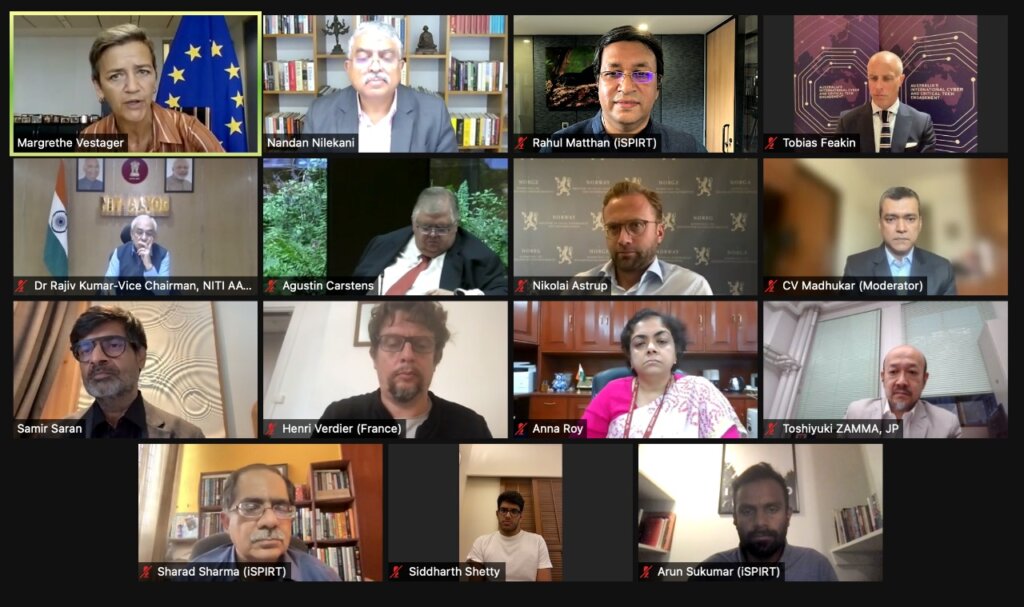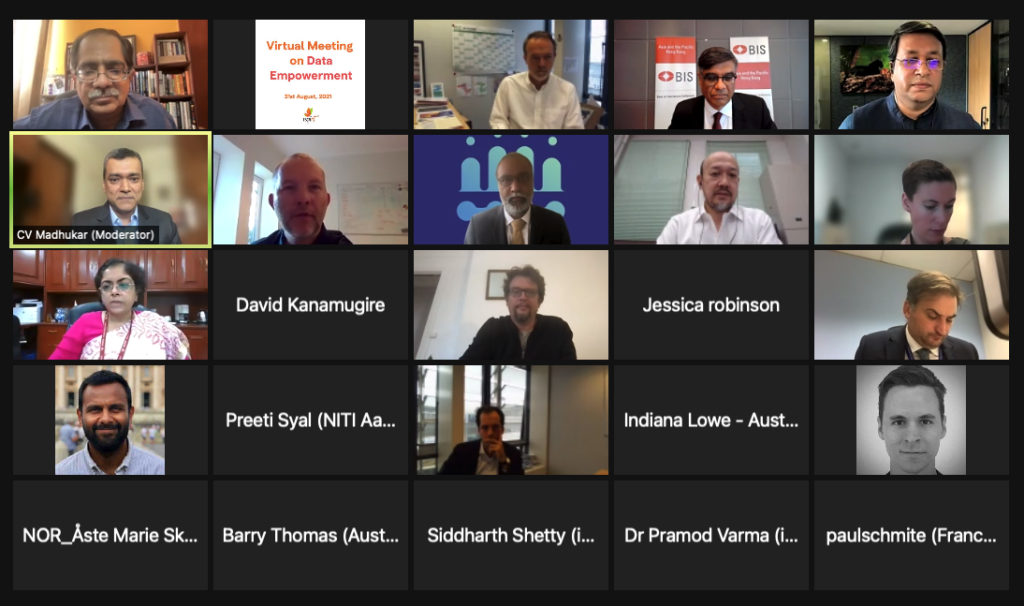Senior policymakers met to discuss data empowerment approaches that ensure privacy and encourage innovation
The digitalization of economies, particularly in critical sectors such as health, mobility, energy, and finance, has seen significant generation of data. The ubiquity of data should lead to greater user-centric innovation, while preserving the trust that users have in an open, secure, and safe internet. This is among the foremost goals of policymakers and regulators today.
Governments have adopted or are in the process of introducing legislation to provide a foundation for robust data governance. Their policy goals can be complemented and advanced with the help of common, open, and interoperable protocols that increase the choice of digital services available to a user and enhance user privacy. By implementing technical protocols that reflect privacy principles, a ‘techno-legal’ approach to data governance brings transparency and accountability to the way in which data is shared, thus empowering the user.
The global and seamless nature of the internet, and growing interdependence among digital economies calls for cooperation among like-minded partners on data empowerment. As part of a consultative process, a collective of senior policymakers met virtually for the first time on August 31, 2021.
Key participants at the meeting included:
- Ms. Margrethe Vestager, Executive Vice President for A Europe Fit for the Digital Age and Competition, European Commission
- Mr. Nikolai Astrup, Minister for Local Government and Modernisation, Norway
- Dr. Agustin Carstens, General Manager, Bank for International Settlements, Switzerland
- Dr. Rajiv Kumar, Vice-Chairman, NITI Aayog, India
Senior officials from Rwanda, Japan, France, and Australia also participated and made brief remarks in the meeting.
Participants at the meeting affirmed the importance of reinforcing the twin policy goals of privacy and data-driven innovation through open, interoperable technical protocols. They also underscored the need to reach out to more like-minded countries, and promote an inclusive and sustained dialogue on data empowerment.



